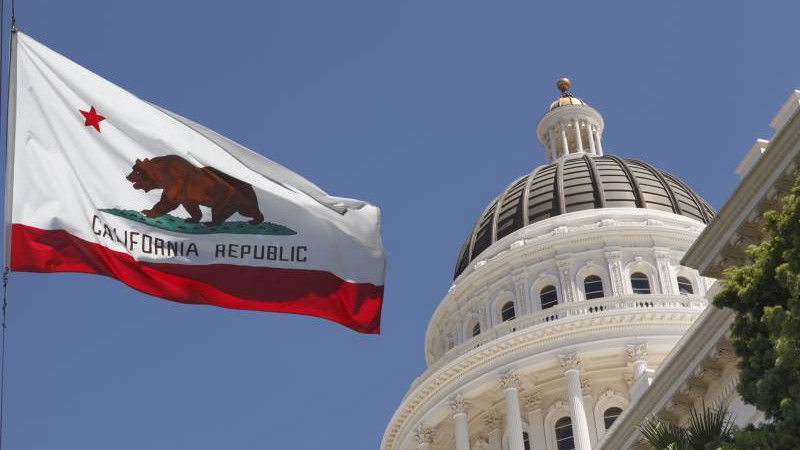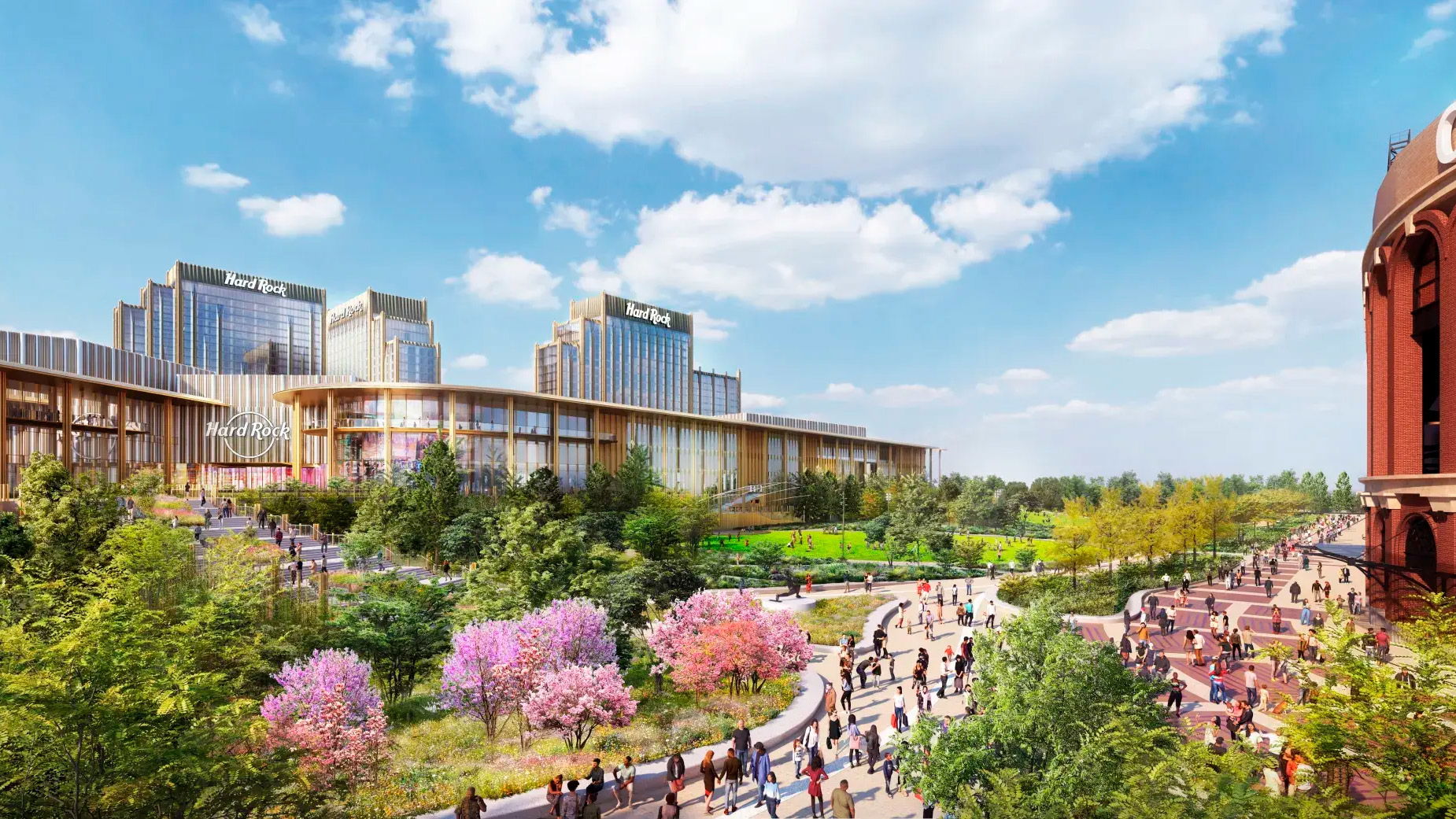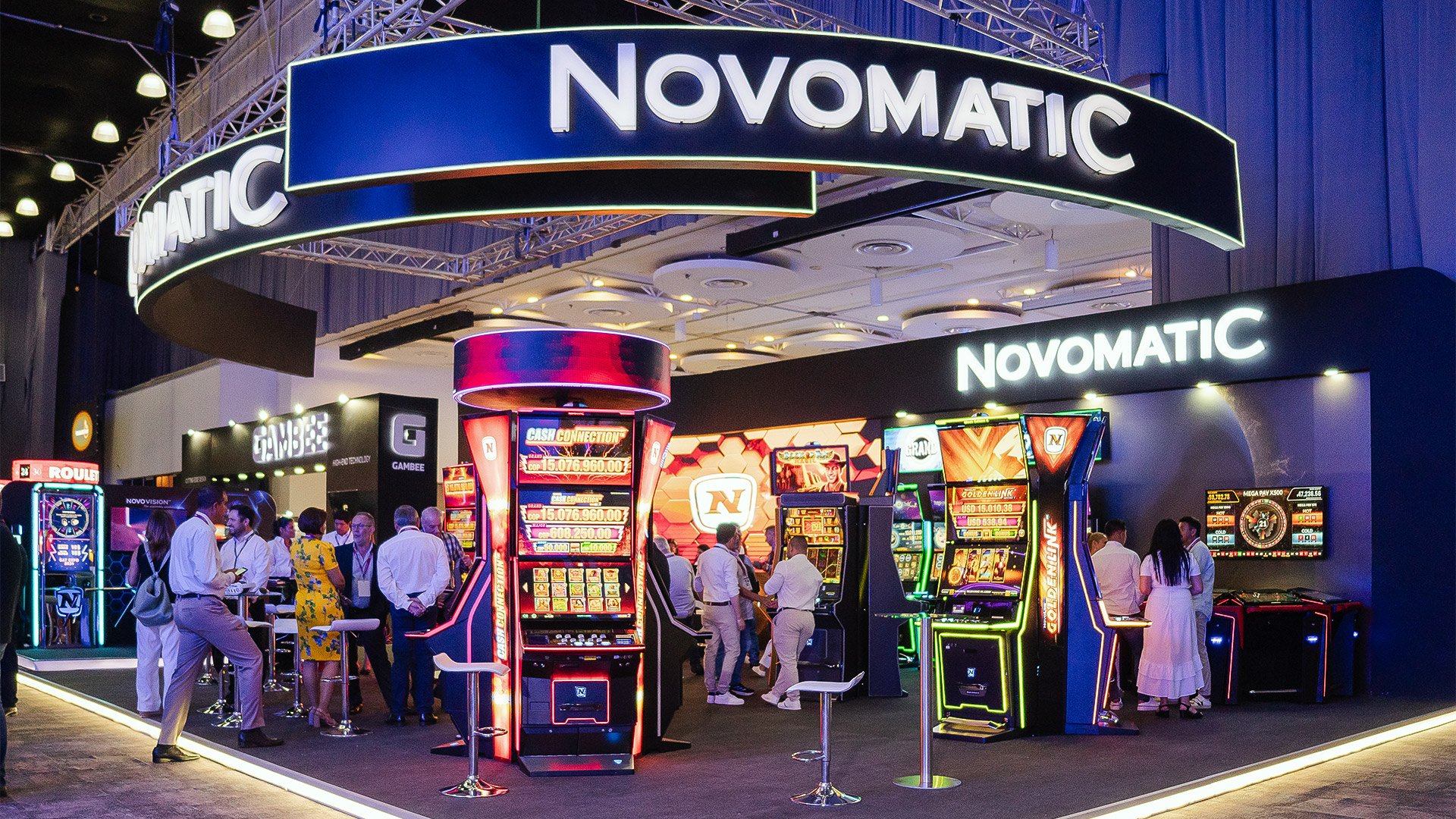Illegal casinos grow in Ecuador

In May 11, 2009, the government issued Decree 1726, which brings more power to the Ministry of Tourism to control legal casinos. This way, for example, it is determined that the Secretary of State will establish which types of games may be installed in each venue, the number of table games and machines.
Besides, it will appoint gaming inspectors, it will request the performance of controls, will demand accounting documents. Another measure is that, until December 31, 2010, a computing system of interconnection in real time will have to be implemented to a central computer in order to facilitate tasks of control and fiscalization, because it will have to be connected to the Ministry of Tourism and the Service of Internal Taxes.
However, in casinos located outside five-star hotels, which are those that can operate legally, the issue of control and ruling passes to the Ministry of the Interior and Police. It also delegates city councils so they are in charge of controlling the so-called “informal casinos.”
Lourdes Garcés, mayor of Pichincha, explains that the control is difficult for these offices. The two main reasons are: the indiscriminate installation of these sites, especially with regards to slots, located in any place witout permission. And the appeal for protection dictated by the Constitutional Court in favour of its owners, which claimed for the right to have work freedom.
She indicated that the operations to take away machines have not succeded. After two weeks, new machines are installed in small business, which receive the 25% of the winnings. The machines seized are son stored in the City Council, but owners do not fetch them.
Pedro Sánchez, general manager of Casino Montecarlo, located in hotel Mercure in Quito, added an additional issue to the debate: the lack of free competence. It is based in the fact that they must comply with strict norms, while other centers do not have clear rules to follow.
He reminded that article 7 of the ruling demands that a five-star hotel in which casinos must be installed, on top of having at least 150 rooms and an investment of us$ 4 million in infraestructure, must count with a bar, a parking space and surveillance.
Other regulations considered in the new decree have to do with the customers. For example, in article 3, it points that prizes must be paid without retentions and bets must be performed with cash money. Bets with credit cards will not be paid any more.
On the other hand, a customer spends an average of us$ 5 in gambling venues, according to an employee of one of these venues located in the North of Quito, who also assured that children spend their money in gaming when they get out of school. He estimates that they spend between us$ 2 and us $ 3 a day.
When there are operations, the employee, who asked not to be identified, said, and added that machines are confiscated, but the owner buy new one thanks to a contact in Macara (province of Loja), who tells her when the new games are available.
Pedro Sánchez, general manager of Casino Montecarlo, is worried about the proliferation of these illegal venues. Sánchez assured that he is not worried about complying with tourist rules, but he is worried about the “lack of control in gambling venues that are illegal.”
According to the Norms for Casinos and Mechanical Bingo halls, published in the Official Registry 248, from January, 9, 2008, the Ministry of Tourism authorizes and registrates the venues for this activity.
Besides, it points that casinos must also operate inside top-level hotels as an additional service. This way, article 11 indicates that electronic games and slots “will be located exclusively inside casinos.” As a consequence, licenses should not be granted for those venues that have these machines without being casinos. However, illegal centers have grown in the main cities.
There are 37 legal casinos in the country, that gather 2,718 slots, but the Ministry of Tourism calculates that, at a national level, there are at least 100 gambling venues that have a total of 5,608 machines.
Executive Decree 355 of the reform of the Application Rule of the Law of Tourism points that the Government Secretary must request the closure of the so-called venues. However, it has not occured: between 2007 and 2008, just three national operations have been made.
Luis Paredes, coordinator of the Casino Association of Pichincha, indicated that they do not oppose to the reforms; they are aware of the fact that their activity is not legal, and that’s why they think a measure should be analyzed in order to insert them under a formal system.
(GCA)
Reforms pointed by the Secretary of Tourism are also focused to the public health. So, article 42 considers several requirements for the income. Among them, being 21 years-old or more, present document of identity, and not being under the influence of alcohol or drugs.
On top of that, a reduction of the risk for customers to have gambling problems is being considered. With that purpose, each venue must put a signage in the entrance, in a visible place, which says: "Games of chance, constantly practised, may be harmful for your health.” This measure is added to a prohibition to distribute gaming chips for free to the public, in any promotion. (GCA)

















